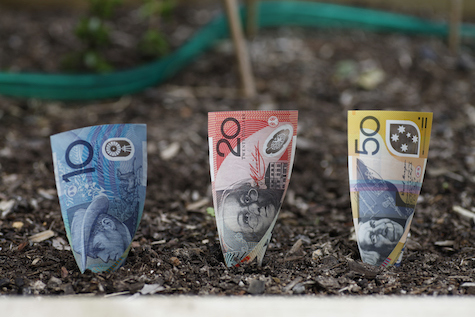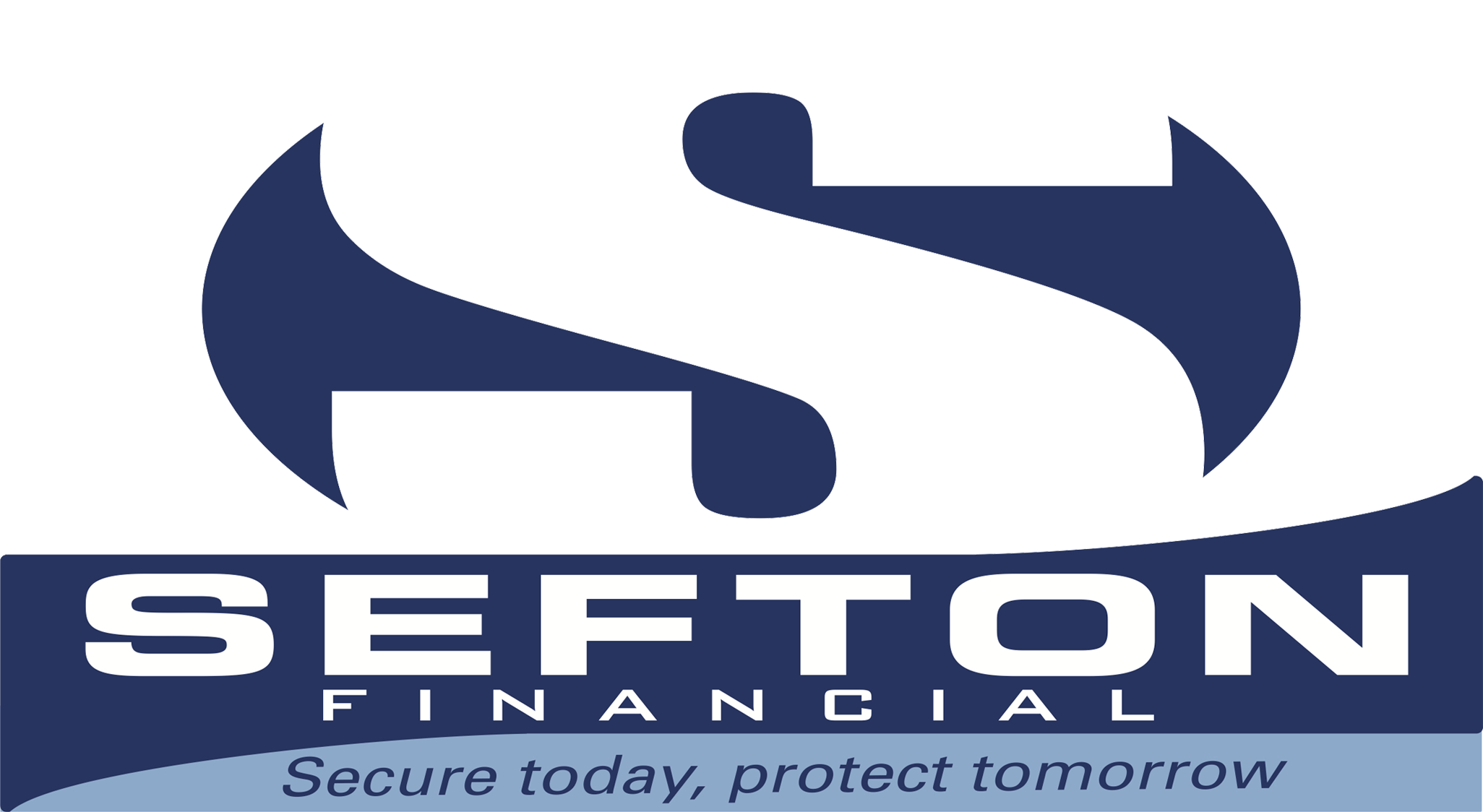SMSF assets reach record levels amid share market rally
How SMSF trustees are investing their retirement savings.

.
Over 1.1 million Australians are now saving for their retirement using a self managed super fund (SMSF).
And data just released by the Australian Tax Office (ATO) shows that the value of investment assets being held by SMSFs surged by almost $25 billion over the first three months of this year to a record high of $932.9 billion.
SMSFs are generally a good barometer of the broader investment trends at play at given points in time. They are also a strong indicator of how many Australians are investing their money outside of superannuation.
The ATO’s quarterly data for the period to 31 March shows that listed shares, including exchange traded funds (ETFs) that invest in shares, remained the biggest investment asset class for SMSF trustees, representing 29% of total assets.
Thanks to buoyant global share markets over the March quarter, these asset exposures provided a strong tailwind for many SMSF investment portfolios.
The ATO’s data shows SMSFs had $270.7 billion invested in listed securities at 31 March, which was $12.4 billion higher than at the end of the December 2023 quarter. The overall gain reflects the combination of share market gains and increased investor inflows into listed shares.
The ATO’s quarterly SMSF asset allocation data aggregates the amounts being invested by SMSF trustees into a range of broad investment categories.
Cash and term deposits remained the second-largest repository for SMSF assets, accounting for $145 billion of investment capital, or 15.5% of total assets, followed by unlisted trusts ($122.6 billion), and commercial property ($91.9 billion).
Combined with listed shares, these asset classes made up approximately 67.5% of the total assets held by the 616,400 registered SMSFs at 31 March.
In addition to the categories mentioned above, SMSFs collectively had $49.9 billion residential real property, $55.5 billion in managed investments, and $54.2 billion in listed trusts.
SMSF investment allocations by age
The 2024 Vanguard/Investment Trends SMSF Report sheds further light on how SMSF trustees are investing across different age bands.
Released last month, the 19th edition of the annual report reflects the trends and demographics of Australia’s SMSF investors based on a comprehensive survey of this cohort of investors conducted between February and March 2024.
The report shows that as trustees get older they tend to increase their allocations to listed shares and cash, and decrease their investments in investment and commercial property.
Of the trustees surveyed, those aged 44 and younger only had a 12% allocation to shares, on average, while those between 45 and 54 had an average allocation to shares of 19%.
The average allocation to shares then rises progressively, to 27% for trustees between 55 and 64, up to 30% for those aged 65 and over. The increase in the older age bands likely relates the need for capital growth and income both before and during retirement.
It’s a similar story with cash, although the allocation changes over time are not as pronounced until trustees are moving into retirement from age 65.
Trustees under 44 have an average cash allocation of 17%, which dips slightly to 13% between 45 and 54 at the same time average allocations to shares are rising. From 55 to 64 average cash allocations rise to 14%, reaching 20% from age 65.
Meanwhile, the Vanguard/Investment Trends SMSF Report shows that allocations to investment property reduce over time, from a peak of 16% between ages 45 and 54 down to 7% by age 65.
Average allocations to commercial property fall from a peak of 11% for trustees aged 44 and under to 6% by age 65.
The report also found that newly established SMSFs have higher asset allocations in four areas: ETFs, international shares, cryptocurrency, and bonds.
Newly established SMSFs are slightly over-allocated to cash (22% versus 18% among all SMSFs) and cryptocurrency (7% versus less than 1% among all SMSFs).
Looking ahead, a growing proportion of SMSFs are focusing on building a sustainable income stream (31% versus 27% in 2023). The top three products they plan to invest in are blue-chip domestic shares (59%), ETFs (39%), and international shares (28%).
Additionally, one-in-10 SMSFs mention investment property as a planned investment.
Important Information
Vanguard Investments Australia Ltd (ABN 72 072 881 086 / AFS Licence 227263) (“Vanguard”) is the issuer of the Vanguard® Australian ETFs. Vanguard ETFs will only be issued to Authorised Participants. That is, persons who have entered into an Authorised Participant Agreement with Vanguard (“Eligible Investors”). Retail investors can transact in Vanguard ETFs through Vanguard Personal Investor, a stockbroker or financial adviser on the secondary market.
We have not taken your objectives, financial situation or needs into account when preparing this publication so it may not be applicable to the particular situation you are considering. You should consider your objectives, financial situation or needs, and the disclosure documents for Vanguard’s products before making any investment decision. Before you make any financial decision regarding Vanguard’s products you should seek professional advice from a suitably qualified adviser. . The Target Market Determination (TMD) for Vanguard’s ETFs include a description of who the ETF is appropriate for. You can access our IDPS Guide, PDSs Prospectus and TMD at vanguard.com.au or by calling 1300 655 101.
© 2024 Vanguard Investments Australia Ltd. All rights reserved.
June 2024
By Tony Kaye, Senior Personal Finance Writer
vanguard.com.au
